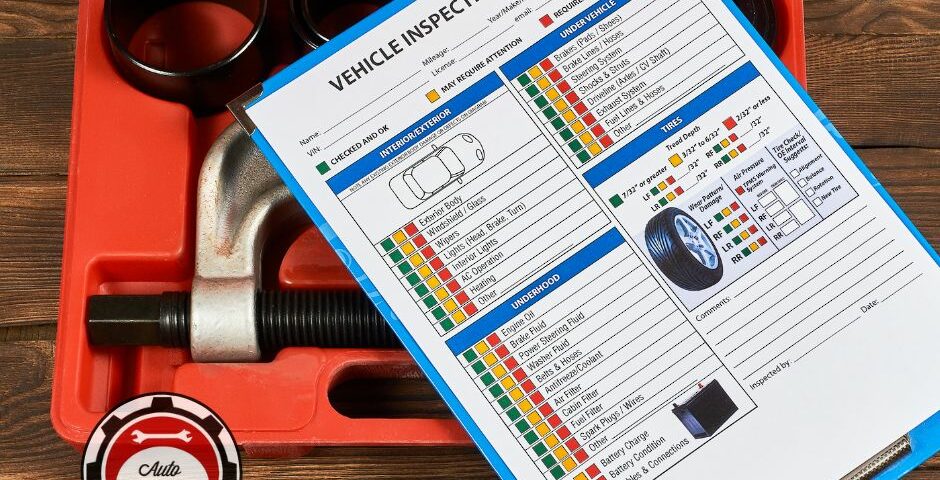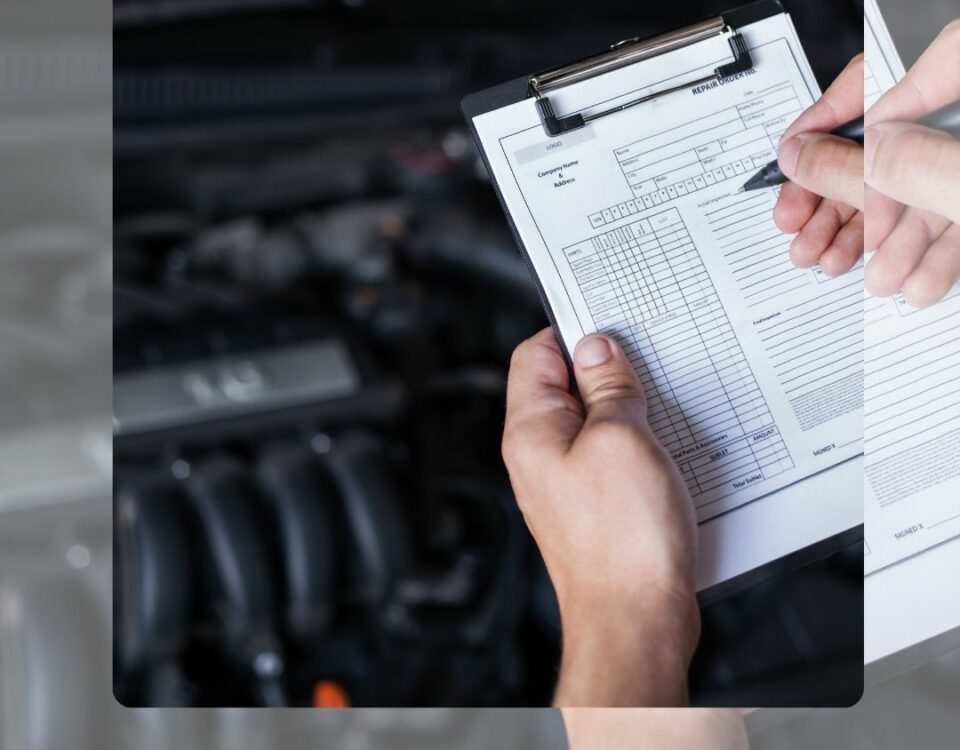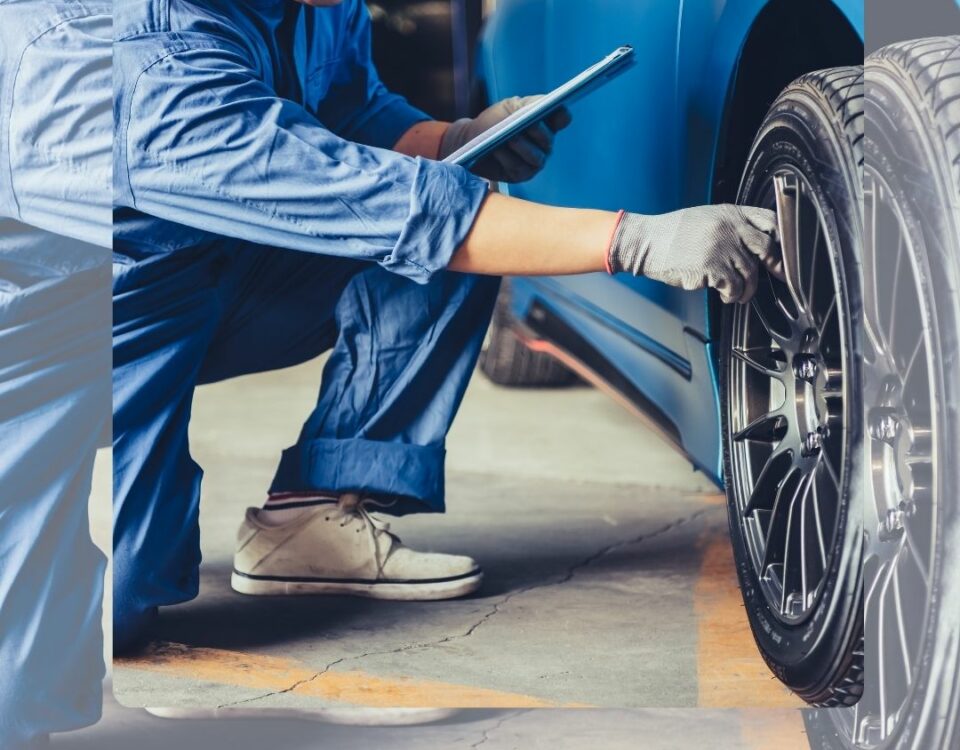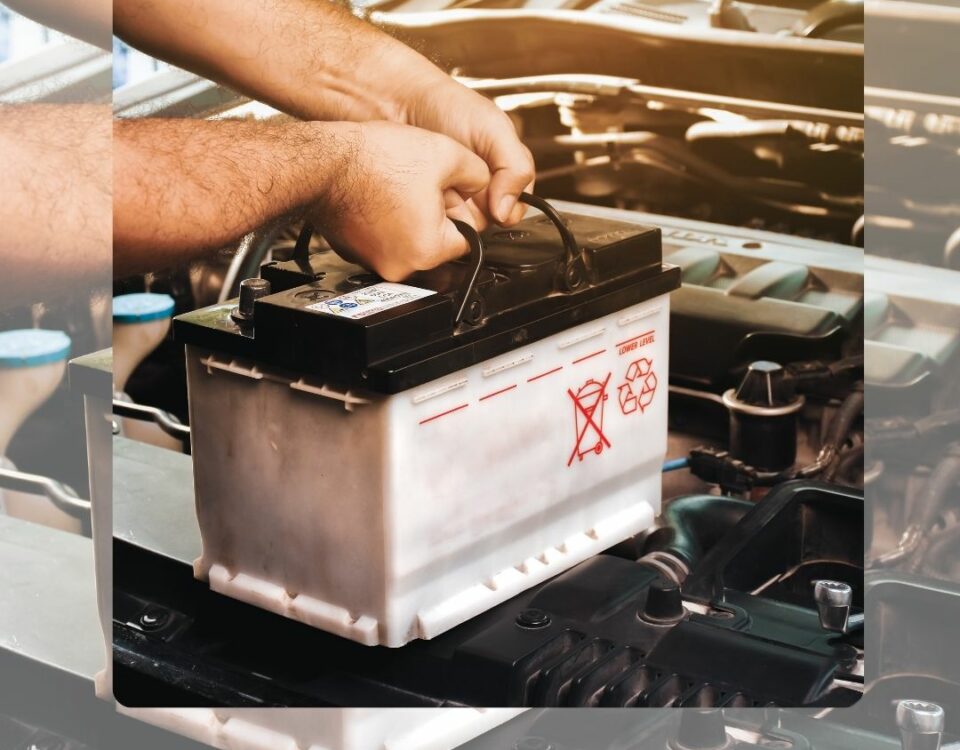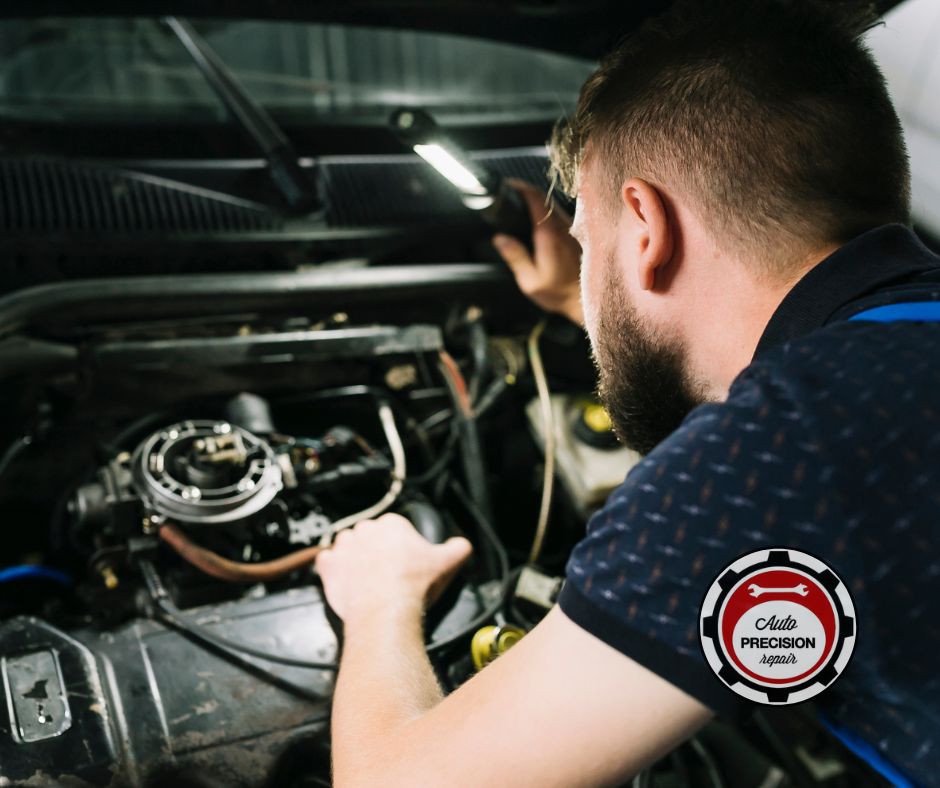
Vehicle Safety Inspections: A Guide for Owners
February 1, 2023
Mastering the Craft of Car Mechanics
February 8, 2023Vehicle inspections are an important aspect of maintaining the safety and legality of your vehicle. These inspections ensure that your vehicle is in good working condition and meets the minimum safety standards set by your state or country. Depending on where you live, inspections may be required at regular intervals, such as annually or every two years, and may include both a visual inspection of the vehicle’s exterior and mechanical components, as well as a test drive.
During a vehicle inspection, the inspector will check for a variety of issues, including worn or damaged tires, brakes, and steering components; malfunctioning lights, signals, and mirrors; and problems with the vehicle’s exhaust system. They will also check for compliance with emissions standards, and will look for any signs of structural damage or rust.
One of the most important things to do before getting your vehicle inspected is to make sure it is in good working order. This means checking your tires for proper inflation, checking your brakes and steering for any issues, and making sure all of your lights and signals are working. Additionally, you should have your vehicle serviced and any necessary repairs made before taking it in for inspection.
It is also a good idea to check the inspection requirements in your area. In most cases, you will need to bring your vehicle to a state-approved inspection station. If you live in an area with emissions testing, you will also need to have your vehicle’s emissions tested. Some states require that you bring your vehicle to a specific station, while others allow you to choose from a list of approved locations.
If your vehicle passes inspection, you will be issued a certificate of compliance, which must be displayed on your vehicle. If your vehicle fails inspection, you will be given a list of repairs that need to be made. You will have a certain amount of time to make the repairs and bring your vehicle back for re-inspection.
It is important to note that if your vehicle does not pass inspection, you may not be able to register your vehicle or renew your registration until it passes. Additionally, driving a vehicle that has failed inspection can result in fines or other penalties.
In summary, vehicle inspections are important for maintaining the safety and legality of your vehicle. To ensure that your vehicle passes inspection, it is important to keep it in good working order and check the inspection requirements in your area. By making sure your vehicle is in compliance with the inspection standards, you can avoid fines and penalties and ensure that your vehicle is safe to drive.


